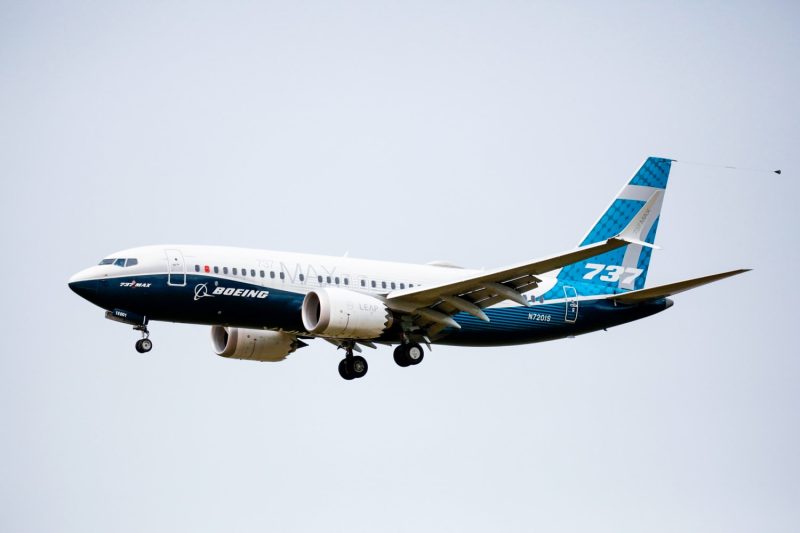In a recent development related to the Boeing 737 Max crashes, a court decision has garnered significant attention. The court’s rejection of the plea deal tied to these tragic incidents raises important questions regarding accountability, transparency, and safety in the aviation industry.
The plea deal, which was proposed by Boeing as a way to resolve legal proceedings arising from the two fatal crashes involving its 737 Max aircraft, was ultimately rejected by the court. This decision has been met with mixed reactions, with some expressing disappointment at the setback while others view it as a crucial step towards ensuring justice for the victims and their families.
One of the key issues at the heart of the court’s rejection of the plea deal is the need for thorough investigation and accountability. The crashes of Lion Air Flight 610 and Ethiopian Airlines Flight 302, which claimed the lives of 346 people, were attributed to design flaws in the 737 Max aircraft’s Maneuvering Characteristics Augmentation System (MCAS). The court’s decision to reject the plea deal indicates a commitment to holding Boeing accountable for these systemic failures and ensuring that justice is served.
Moreover, the court’s action highlights the importance of transparency in the aviation industry. The plea deal, if accepted, would have likely shielded crucial information from public scrutiny and hindered efforts to uncover the full extent of Boeing’s negligence in the design and certification of the 737 Max aircraft. By rejecting the deal, the court sends a strong message that transparency and accountability must take precedence over expedient legal resolutions.
Additionally, the court’s decision underscores the paramount importance of safety in aviation. The 737 Max crashes were a stark reminder of the catastrophic consequences that can result from compromised safety standards and regulatory oversight. By refusing to sanction a deal that could have potentially undermined safety considerations, the court upholds the principle that the protection of passengers and crew must always be the top priority in the aviation industry.
Looking ahead, the court’s rejection of the plea deal serves as a wake-up call for Boeing and other aviation manufacturers to prioritize safety, transparency, and accountability in their operations. It also reaffirms the need for robust regulatory oversight and judicial scrutiny to prevent similar tragedies from occurring in the future.
In conclusion, the court’s decision to reject the plea deal tied to the Boeing 737 Max crashes marks a significant development in the quest for justice, transparency, and safety in the aviation industry. While the road ahead may be challenging, this decision sets a precedent for holding accountable those responsible for systemic failures that compromise passenger safety. As the aviation industry strives to rebuild trust and ensure a safer future for air travel, the court’s stance serves as a beacon of hope for those seeking justice and accountability in the aftermath of these tragic events.
